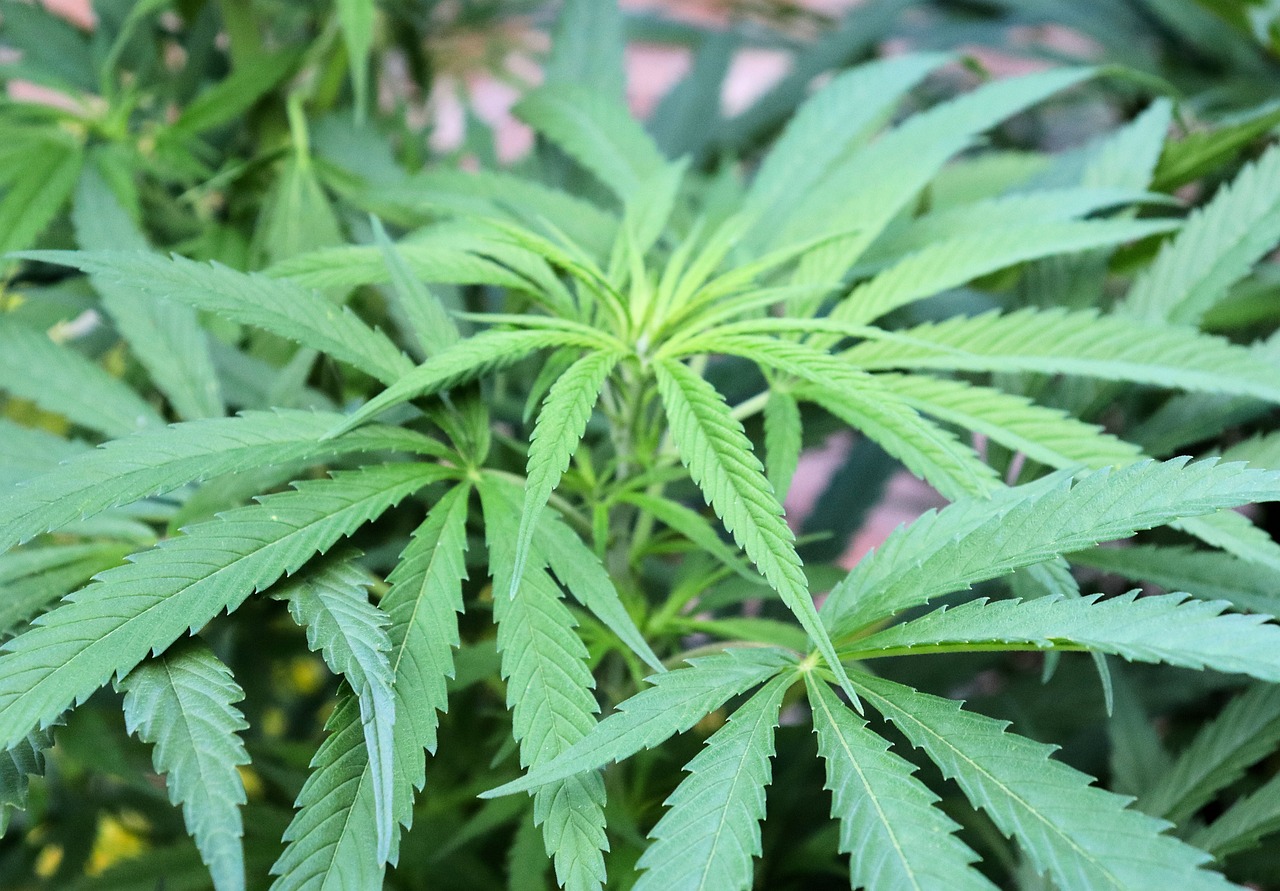In recent years, the wellness industry has seen a surge in interest surrounding natural remedies and holistic approaches to health. Among these, THCA flower has emerged as a promising option for those seeking to enhance their wellness routine. This article explores the potential benefits of Red Velvet THCa flower for sleep, its uses, and how it can be integrated into daily life.
Understanding THCA Flower
THCA, or tetrahydrocannabinolic acid, is a non-psychoactive cannabinoid found in raw cannabis plants. Unlike THC, which is known for its psychoactive effects, THCA does not produce a “high.” This makes it an appealing option for individuals looking to experience the therapeutic benefits of cannabis without the mind-altering effects.
The Science Behind THCA
THCA is the precursor to THC. When cannabis is heated through smoking, vaping, or cooking, THCA undergoes decarboxylation, converting into THC. In its raw form, THCA offers a range of potential health benefits without the psychoactive effects associated with THC.
Potential Health Benefits of THCA Flower
Research into THCA is still in its early stages, but preliminary studies and anecdotal evidence suggest several potential health benefits:
- Anti-inflammatory Properties: THCA may help reduce inflammation, making it a potential option for individuals with conditions like arthritis or inflammatory bowel disease.
- Neuroprotective Effects: Some studies suggest that THCA may have neuroprotective properties, which could be beneficial for neurodegenerative diseases such as Alzheimer’s and Parkinson’s.
- Anti-emetic Benefits: THCA has shown promise in reducing nausea and vomiting, which could be helpful for patients undergoing chemotherapy or those with chronic gastrointestinal issues.
- Appetite Stimulation: THCA may help stimulate appetite, offering potential benefits for individuals dealing with appetite loss due to medical conditions or treatments.
Incorporating THCA Flower into Your Wellness Routine
Integrating THCA flower into a wellness routine can be done in various ways, depending on personal preferences and lifestyle. Here are some methods to consider:
Juicing Raw Cannabis
One popular method of consuming THCA is by juicing raw cannabis leaves and flowers. This allows individuals to ingest THCA in its natural form, preserving its potential health benefits. Juicing can be combined with other fruits and vegetables to create a nutritious and refreshing beverage.
Topical Applications
THCA-infused topicals, such as creams and balms, can be applied directly to the skin. This method is particularly useful for targeting localized pain or inflammation without ingesting the compound.
Tinctures and Capsules
For those who prefer a more controlled dosage, THCA tinctures and capsules offer a convenient option. These products provide a precise amount of THCA and can be easily incorporated into a daily supplement regimen.
Case Studies and Real-Life Examples
Several case studies and anecdotal reports highlight the potential benefits of THCA flower. For instance, a study published in the “Journal of Clinical Psychopharmacology” found that THCA reduced nausea and vomiting in patients undergoing chemotherapy. Another case involved a patient with arthritis who reported significant pain relief after incorporating THCA into their routine.
These examples underscore the potential of THCA as a natural remedy for various health issues. While more research is needed to fully understand its effects, the existing evidence is promising.
Statistics and Market Trends
The growing interest in THCA is reflected in market trends. According to a report by Grand View Research, the global cannabis market is expected to reach USD 146.4 billion by 2025, with a significant portion attributed to non-psychoactive cannabinoids like THCA. This trend indicates a rising demand for natural and holistic wellness solutions.
Conclusion
THCA flower presents a unique opportunity for individuals seeking to enhance their wellness routine with natural remedies. Its potential anti-inflammatory, neuroprotective, and anti-emetic properties make it a versatile option for various health concerns. By exploring different methods of consumption, such as juicing, topicals, and tinctures, individuals can find the approach that best suits their needs.
As research continues to uncover the benefits of THCA, it holds promise as a valuable addition to the wellness landscape. Whether you’re dealing with chronic pain, inflammation, or appetite issues, THCA flower offers a natural alternative worth exploring.

